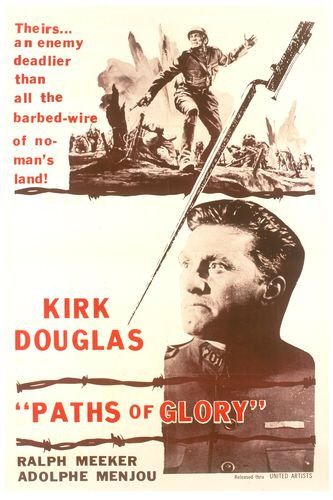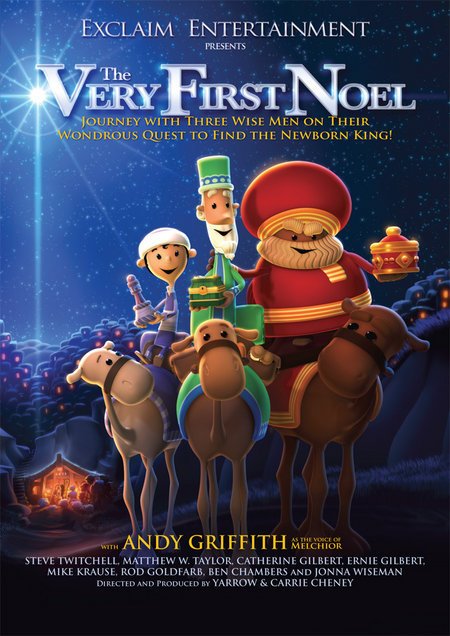Forging a New Path in Superhero Movies: Behind the Scenes of BLACK PANTHER
By Tom Snyder, Editor
Marvel and Disney’s new superhero movie, BLACK PANTHER (which opens Friday), has something on its mind: delivering a fun but meaningful movie for moviegoers hankering to see a black superhero they can admire and emulate.
This was clear at the recent press conference in Beverly Hills of the major stars and filmmakers behind the movie, which included the Black Panther himself, Chadwick Boseman (the MOVIEGUIDE® Award winning movie 42), plus Angela Basset, Forest Whitaker, Lupita Nyong’o, Andy Serkis, Writer/Director Ryan Coogler, and Marvel Producer Kevin Feige, among others.
To understand some of what the stars and filmmakers were saying, one has to know what the movie reveals about the back story of its superhero and the place of his origin, which is a fictional country in Africa called Wakanda.
Because of a large meteor millions of years ago, Wakanda is rich in a powerful substance called vibranium. After discovering the powers of vibranium, the four main tribes living there decided to hide the substance from the outside world, for fear of being invaded.
However, this has created some tension not only with the outside world but also within Wakanda itself. For example, the Black Panther’s father and grandfather decided to remain isolated from the world’s problems, including all the oppression their African brothers and sisters endured in Africa and the rest of the world. However, his uncle wants to use the vibranium to lead a race war against the rest of the world with Wakanda as the victor. The Black Panther’s father stopped the uncle’s plan but the uncle was killed in a fight between them.
Years later, the uncle’s adult son wants to take up where his father left off, to take over the Wakanda throne and conquer the world. Therefore, when his own father suddenly dies, the Black Panther has to decide not only how to stop his cousin and deal with his treason but also what to do about helping his fellow Africans around the world.
Michael B. Jordan, who plays the vengeful cousin, said he felt inspired watching the black heroes in the movie be so “empowered.” He also said he enjoyed both the “socially relevant themes” in the movie and its exciting action scenes.
“It was a really good balance,” he noted.
Producer Kevin Feige said, “Stan Lee and Jack Kirby and the whole Marvel bullpen created Wakanda and Black Panther and made him a smarter, more accomplished character than any of the other white characters in the mid 1960s. So, they had the guts to do that in the mid 1960s. The least we can do is live up to that and allow this story to be told the way it needed to be told and not shy away from the things that the Marvel founders didn’t shy away from in the height of the civil rights era.”
He said that’s why they let Writer/Director Ryan Coogler insert a deeper level of social meaning into his version of BLACK PANTHER.
“I was very honest with Kevin,” Coogler said. “I told him I want to make a film that works on every level. . . with just these themes in mind, and he was like great, let’s go. I didn’t expect that, but as I got to know these guys [at Marvel], especially Kevin, this is what he’s all about. He’s all about making something that entertains people, that works as a piece of entertainment that leaves you with something to think about.
“I just felt incredibly blessed to have had the opportunity to make the film this way.”
Boseman said he was adamant about giving his Black Panther an African accent instead of going with a European mindset where an English accent is considered “great or classical.”
“The intonations and melodies inside an African accent are just as classical as a British one or a European one,” he said. “All of the emotions and aspects of a character can be shown. . . through that accent, and we have to take this opportunity to show that.”
Boseman added that, since the movie’s idea of Wakanda is that it’s never been conquered or colonized, he thought the Black Panther would speak English with an African accent.
Daniel Kaluuya, who plays the head of Wakanda’s border security in the movie, said, after watching the movie, “It’s about grief and how you decide to handle grief.”
Thus, the Black Panther’s cousin seeks revenge after his father’s death, but the Black Panther decides to offer reconciliation to his cousin and make the world a better place after his father’s death.
The actresses at the press conference said they loved the fact that Director Ryan Coogler paid so much attention to developing strong female characters in BLACK PANTHER.
“What I love about the way this film represents women,” Lupita Nyong’o said, “is that each and every one of us is an individual, unique. And, we all have our own sense of power and our own agency and we hold our own space without being pitted against each other. I think that’s a very, very powerful message to send to children, both male and female.
“I think often times in movies we fall into that trap where there’s very few of us and then we are against each other. There’s a competitive spirit and stuff like that [but] this film freezes all that. We see women going about their business and supporting each other, even arguing with each other, you know, having different points of view, but still not being against each other. I think that’s extremely important. . . . The fact that in this film there’s so many of us, we really get a sense of the fabric of Wakanda as a nation. We see women alongside men, and we see how much more effective a society can be if they allow women to explore their full potential.”
Angela Bassett said she liked seeing both strong black women and strong black men as characters in the movie during the premiere screening.
“I was so proud to have my daughter, and my son, there last night, because in their faces, and in their spirit, they were feeling themselves. And, they stood taller after last night.”
Actress Danai Gurira, who hails from Zimbabwe in Africa, said she also liked the fact that the movie gave a more positive image of Africa than the mass media usually portrays.
“It’s kind of a salve to those wounds to see this world brought to life this way and to see all the potential and power of all of the different African culturalisms and aspects of our being that was celebrated [in the movie]. It’s a birth of things that we’ve been seeing forever around the [African] continent that we see when we’re there. We see beauty, we see power, we see potential, we see ability, we see resources, but they are never exhibited, and then to put it on sort of a Marvel epic scale of exhibition, it really salves wounds in a really deep way.”
BLACK PANTHER does have some politically correct elements from a liberal perspective in it. For example, the movie makes some side references to the negative impacts of European colonization of Africa, but totally ignores the oppression that Muslim Arabs brought to the continent, including the international slave trade that left such a horrible mark on millions of Africans during 1400 years of Muslim history.
Of course, Black Panther is not the first black superhero to grace movie screens. Before the new BLACK PANTHER movie, Hollywood gave moviegoers Will Smith in HANCOCK, Meteor Man in a 1993 movie, Halle Berry as Storm in the recent X-MEN movies, Nick Fury in other recent Marvel movies, and Wesley Snipe as the title character in the BLADE superhero movies, among others.
MOVIEGUIDE® advises caution for BLACK PANTHER, especially for children, due to images of violence, some politically correct elements, use of a plant elixir to generate visions of talking to dead people, references to ancestor worship, and brief foul language.
Questions or comments? Please write to us here.


 - Content:
- Content: 

